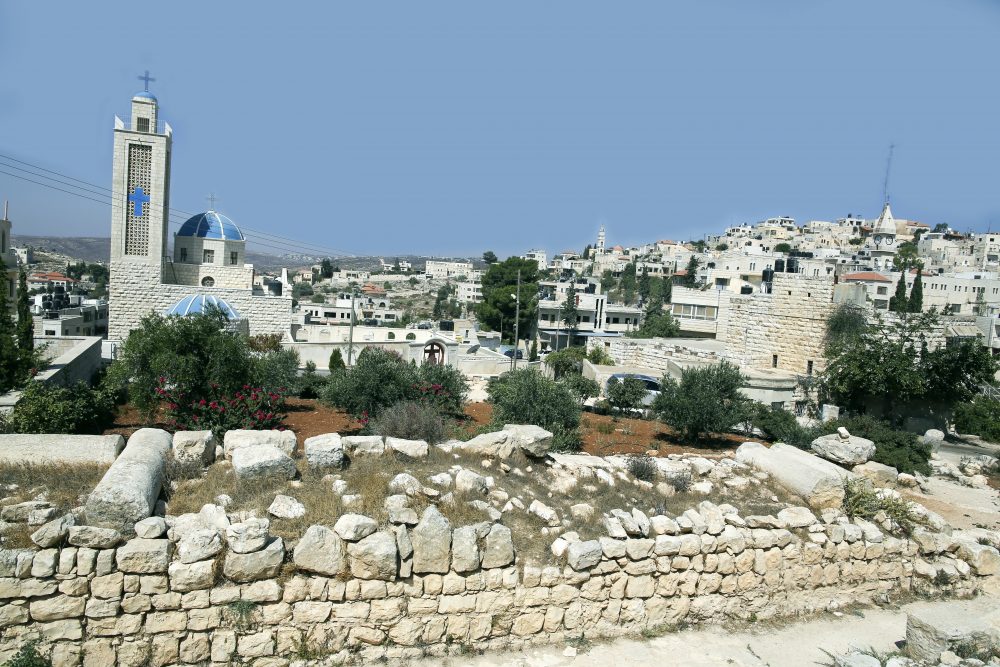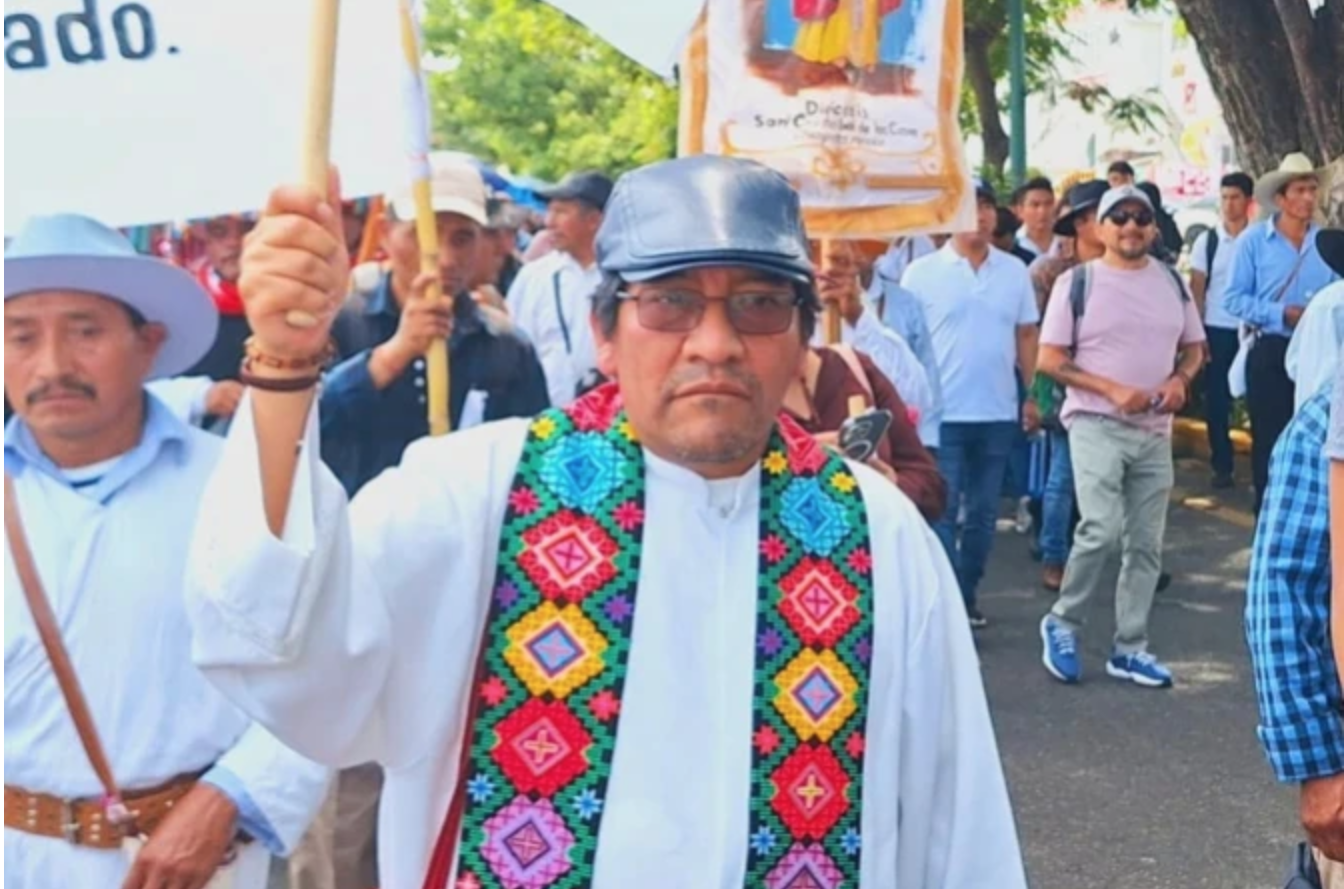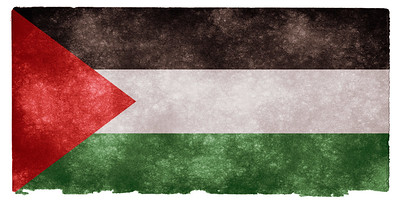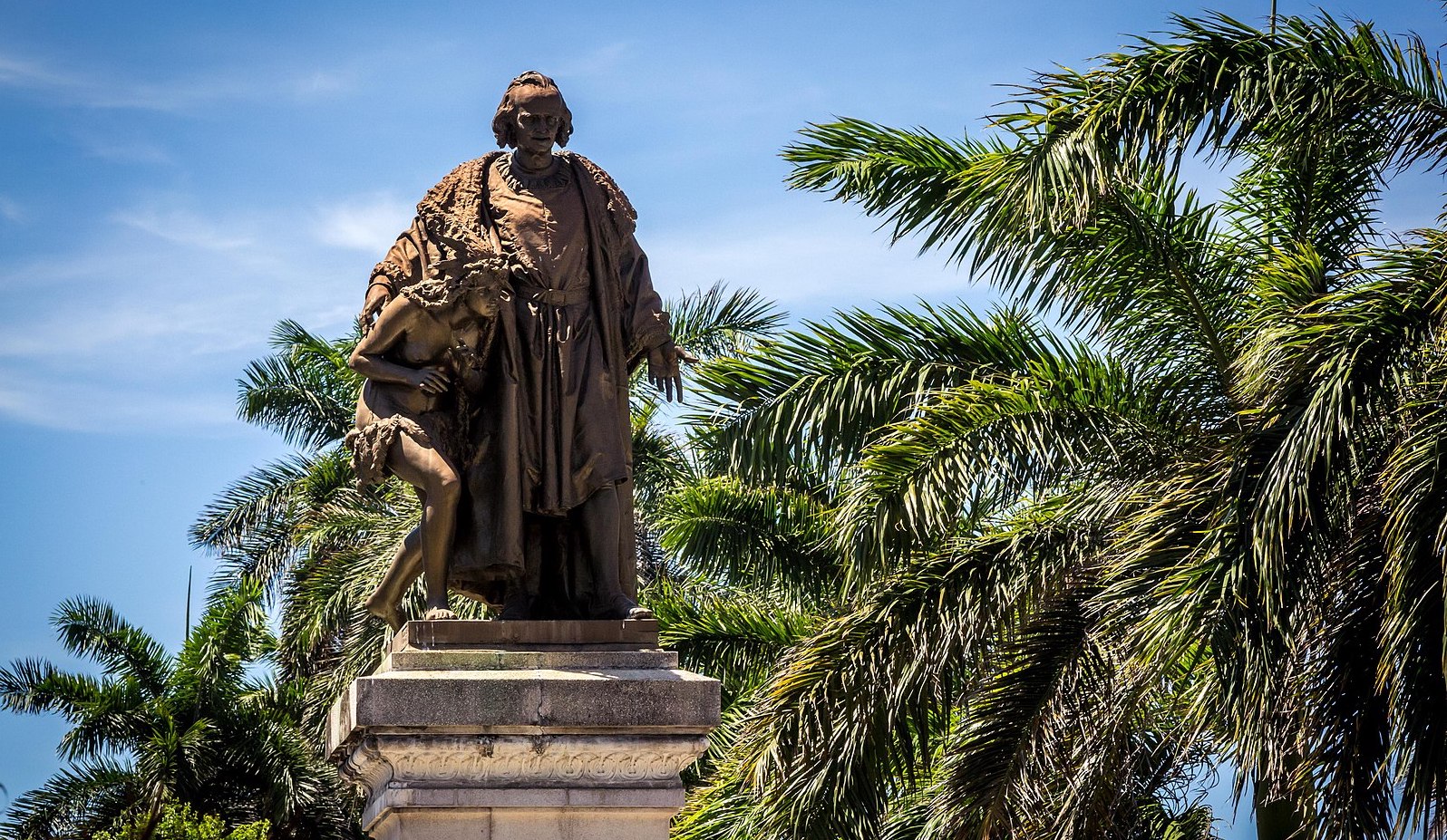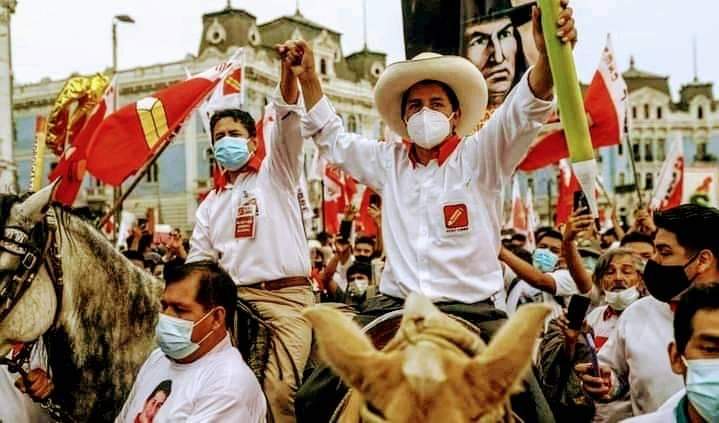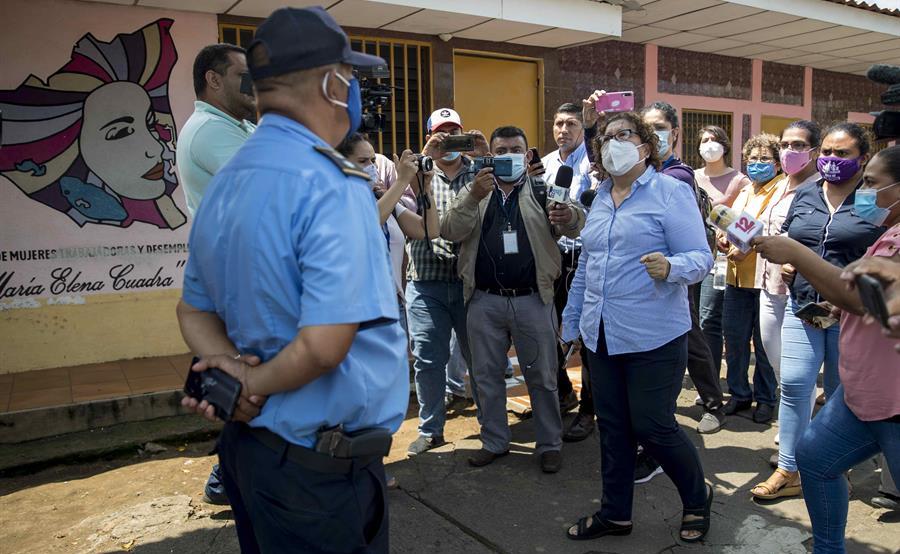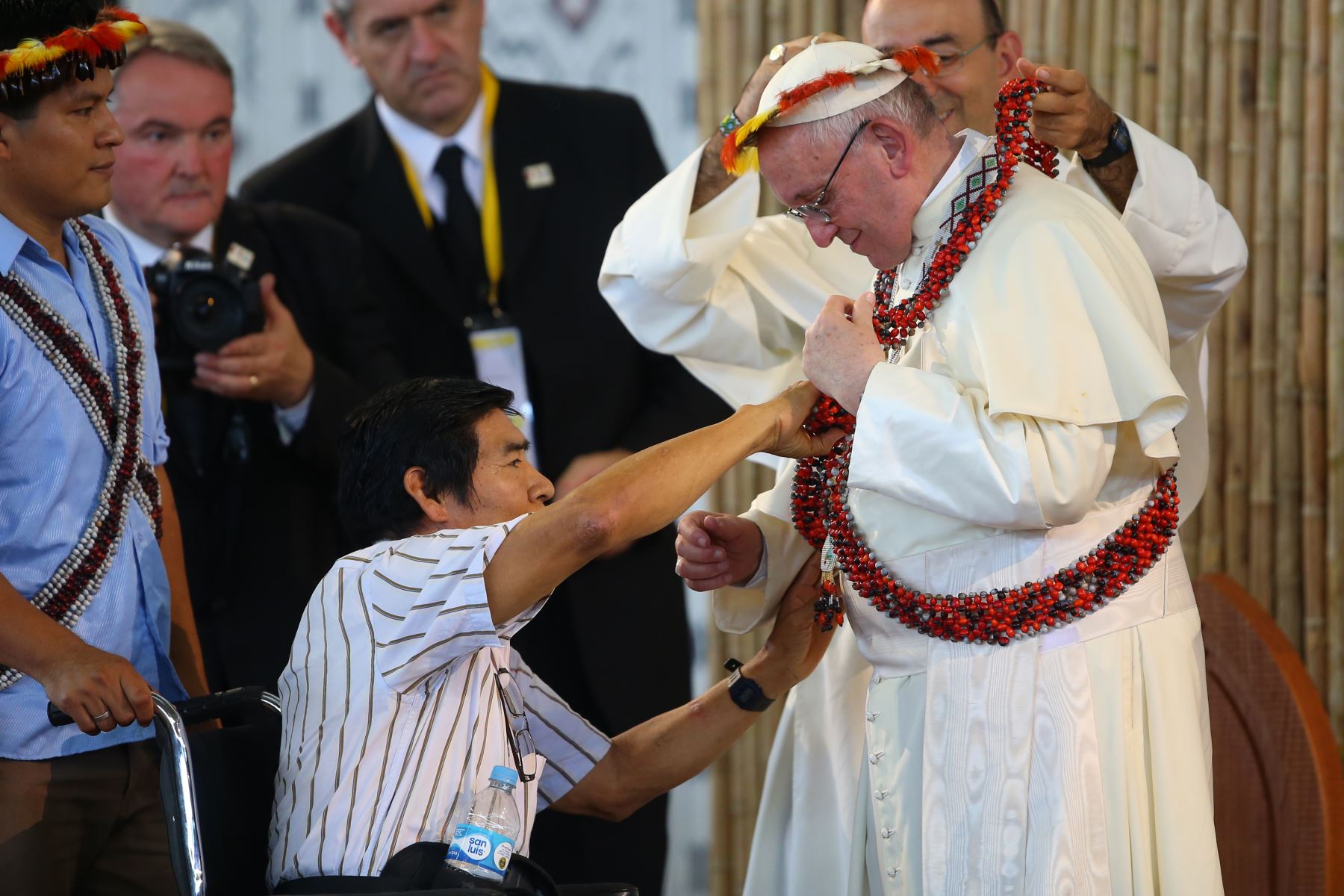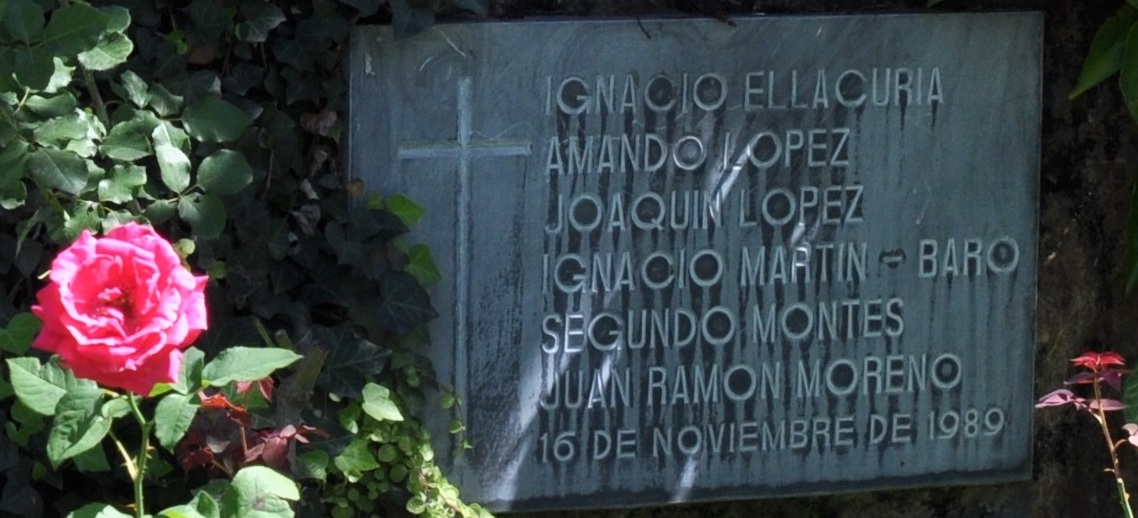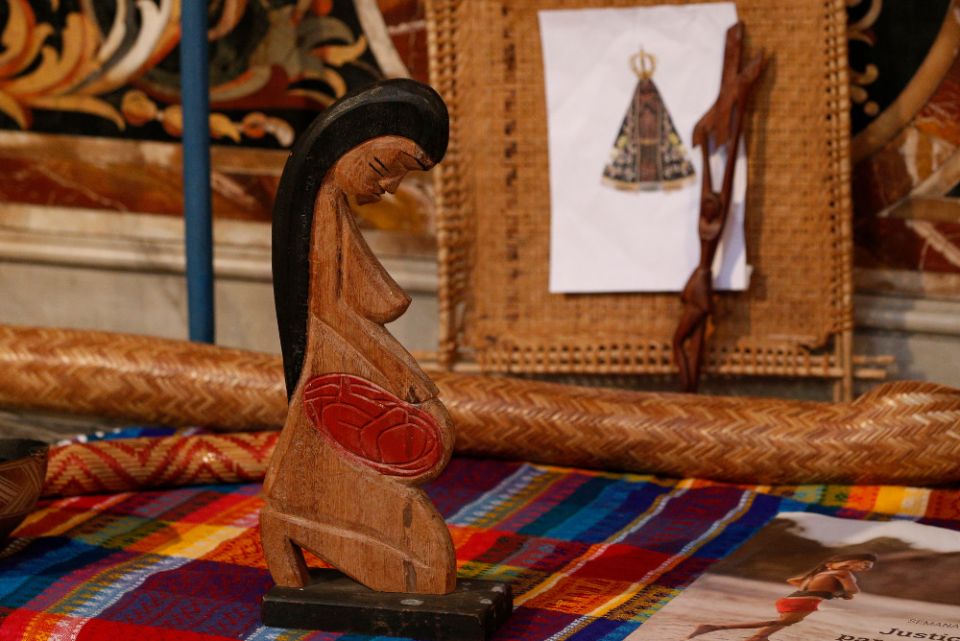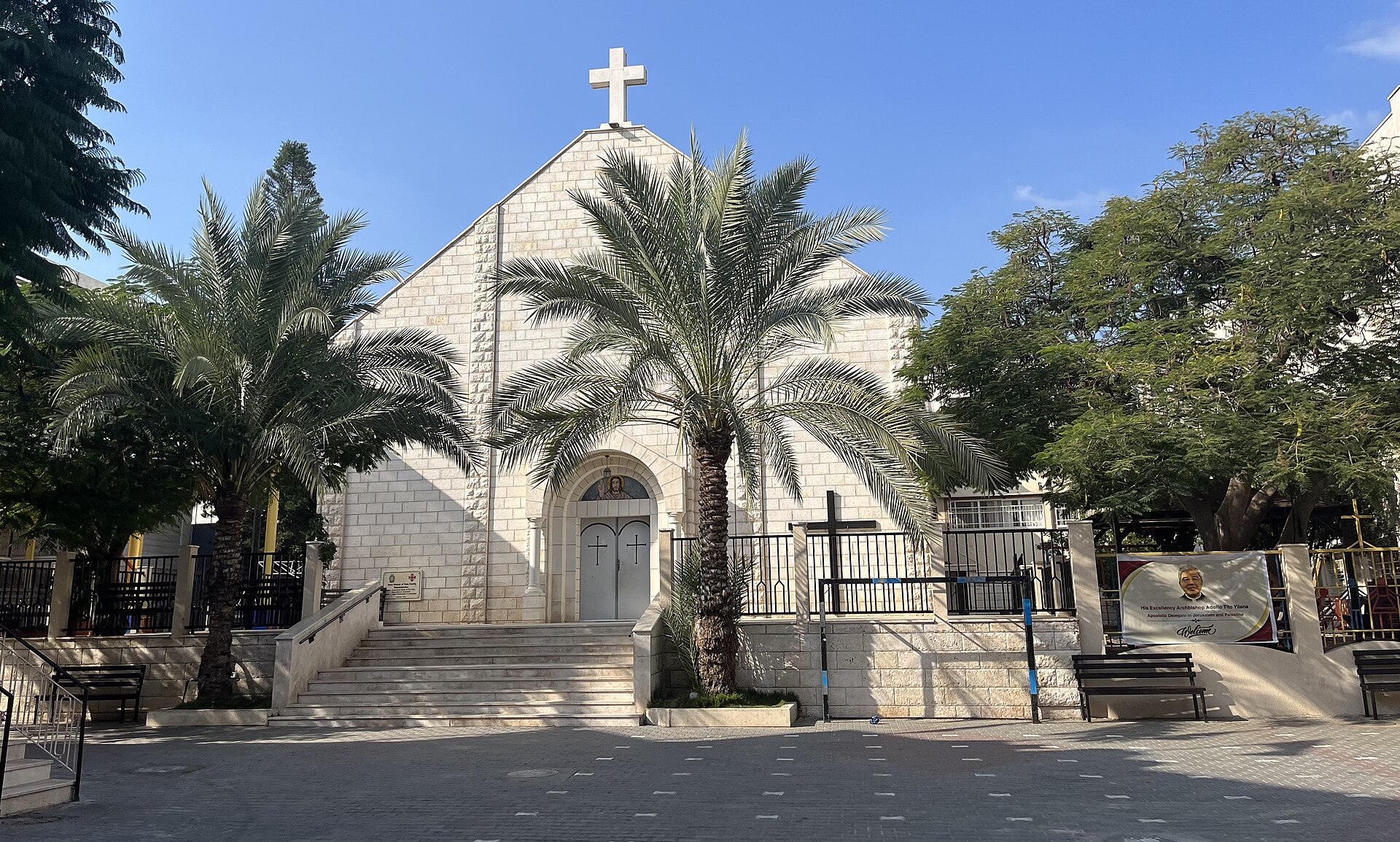
UN condemns attack on Gaza Catholic church
UN Secretary-General António Guterres strongly condemned a deadly Israeli artillery strike that damaged Gaza’s Holy Family Catholic Church, calling the attack “unacceptable” and reiterating calls for an immediate ceasefire and the release of all hostages. The strike killed three civilians and injured several others, including parish priest Father Gabriel Romanelli, according to the Vatican. The Holy Family Church, Gaza’s only Catholic parish, had served as a refuge for displaced civilians since the onset of the war, and held up to 600 people when it was struck by tank fire. (Photo: Dan Palraz/Wikipedia)



